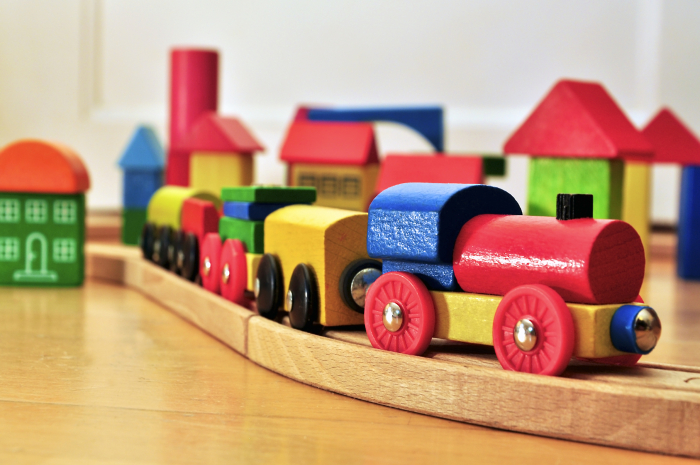Posted: March 29, 2016
The brain injury causing a child’s Cerebral Palsy diagnosis can present itself in a number of ways. While some children may face physical challenges due to their CP, others can face significant barriers in mental development. As such, there is no surefire suggestion regarding toys for a child with Cerebral Palsy. For those parents whose child has been impacted developmentally by Cerebral Palsy, we do believe that any stigma associated with ‘age recommendations’ should be ignored in favor of good old-fashioned fun. In short, the best toy for a child with Cerebral Palsy is one that brings happiness.
At its core, a toy is meant to be an escape or source of joy for a child. Unfortunately, due to age recommendations on the packaging of toys, parents worry about ‘what is said’ about a toy that doesn’t align with their child’s birthday. Instead of focusing on this, we recommend parents understand that this number is simply something that does not apply to their child. This is not a sign of accepting defeat or lowering expectations. Instead, it’s a careful choice reflecting your child’s interests and what your core focus is: what makes him or her happy.
Because of the very real emotional and mental challenges that can come with a brain injury, what interests your child can differ greatly from what interests their cousin or a neighbor’s child. Whether a toy is pink or blue, toddler-centric or electronic, buy with confidence those items you believe will not only make your child happy but also help with their treatment. If your child is working on coordination in Occupational Therapy, consider a kitchen playset that includes silverware, bowls and cups. If your child is actively working on colors, a toy marketed for younger children is a perfectly reasonable option. Ultimately, your child’s success and happiness is the focus, not the packaging.
This topic can be exceptionally sensitive around the holidays or special events due to the involvement of family members and loved ones actively buying for your child. If you are not comfortable with suggesting specific toys, you can consider the gift card option. With a gift card, you can buy in confidence and take away any worries you might have about what someone else might buy. Shopping yourself also gives you the ability to purchase based upon changing interests and abilities. You should feel empowered to speak on your child’s behalf, regardless of what his or her focus may be. The ultimate focus should, again, be more on the recipient and less on what is inferred or implied by the ‘intended audience.’
As your child’s biggest fan, your sensitivity to issues like toys may range from not caring to significant apprehension. Special events like holidays, religious observances, etc., can expose this even more as issues may pop in your head that are ultimately not an issue. Each person has their own issues and concerns – we are not at all trying to oversimplify an issue that can impact people in a wide range of ways. Instead, we hope that you feel empowered to focus on your child’s specific interests, no matter where they may align in the toy aisle, so that the ultimate goal is achieved: your child’s happiness.
For more information on accessing resources for your child, including adaptive equipment, assistive technology, play and toy options and more, contact us by calling our Care Team at (800) 692-4453 or filling out our online form today.






